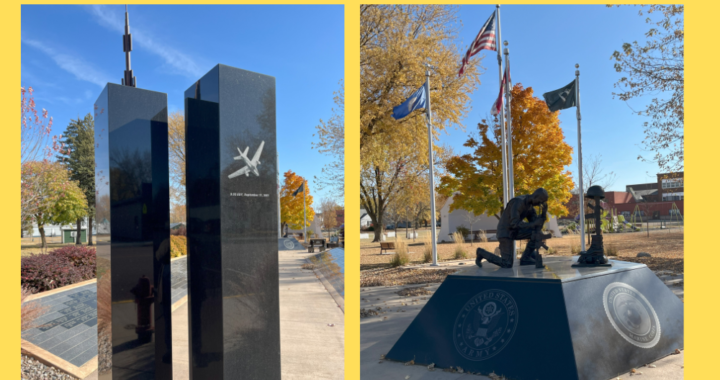Why Do So Many People Believe in Conspiracy Theories?

Conspiracies are all over the Internet. Why do we believe them? Is it just our worldview, or are there deeper causes for our interest in these theories? Whether you were raised in a society that was full of cover-ups and conspiracies, or you are just naturally suspicious, there’s probably an explanation for your fascination with these theories. Here are a few theories to get you thinking.
Political motivation
The existence of political motivation for conspiracy theories is not uncommon in our society. Conspiracy theories are popular among those who feel a lack of control over the political system, especially if they have lost a recent election. These individuals feel a need to make sense of their social surroundings, and are more likely to endorse beliefs that undermine authority. This phenomenon is also related to extreme political ideologies, which often rely on the idea of a black-and-white world.
Irrationality
The Irrationality of Conspiracy Theories focuses on the effectiveness of these claims in our world. They have been around for a long time. However, they are not true. Michael Butter and John Schawinski provide a comprehensive critique of conspiracy theories. They argue that these beliefs are pathological and that they must be combated through education. But does this work? Is there an actual conspiracy? This book explains.
Narcissism
Many of the characteristics that cause people to believe in conspiracy theories are common to narcissists. Insecurity and an inflated sense of self are among the most common traits of those who enjoy these theories. They can lead to troubled relationships and a fragile self-esteem. According to Emory University researchers, narcissism is one of the most common personality traits and can explain why certain people find conspiracy theories to be intriguing.
Institutional dysfunction
Many political scientists have written that the reason people love conspiracy theories is because they make them feel powerless. Some even argue that these theories are beneficial for vulnerable groups, especially ones that are disenfranchised and feel disempowered. Some claim that they help vulnerable groups sharpen their internal cohesion and focus attention on looming dangers. If that is true, then it’s no wonder why so many people love conspiracies.
Individual narcissism
Conspiracy theories have been popular for centuries. Often linked with gullibility, BS receptivity, and low cognitive reflection, these theories are appealing to individuals who are easily influenced by their own sense of vanity. But what makes them so compelling? That is an important question and, as seen in this article, there are numerous reasons and this list only scratched the surface.




 The Science Behind Visualizing Exercise
The Science Behind Visualizing Exercise  End Your Leadership Year With a Bang
End Your Leadership Year With a Bang  Supporting Emotional Health Through the Amygdala
Supporting Emotional Health Through the Amygdala  Sleeping Your Way to the Top (Performance Level)
Sleeping Your Way to the Top (Performance Level)  Brain Food: Nourishing Your Mind for Optimal Performance
Brain Food: Nourishing Your Mind for Optimal Performance  Spread This News About Benefits for Veterans and Caregivers
Spread This News About Benefits for Veterans and Caregivers  Robbing Jesus To Pay for Politics
Robbing Jesus To Pay for Politics